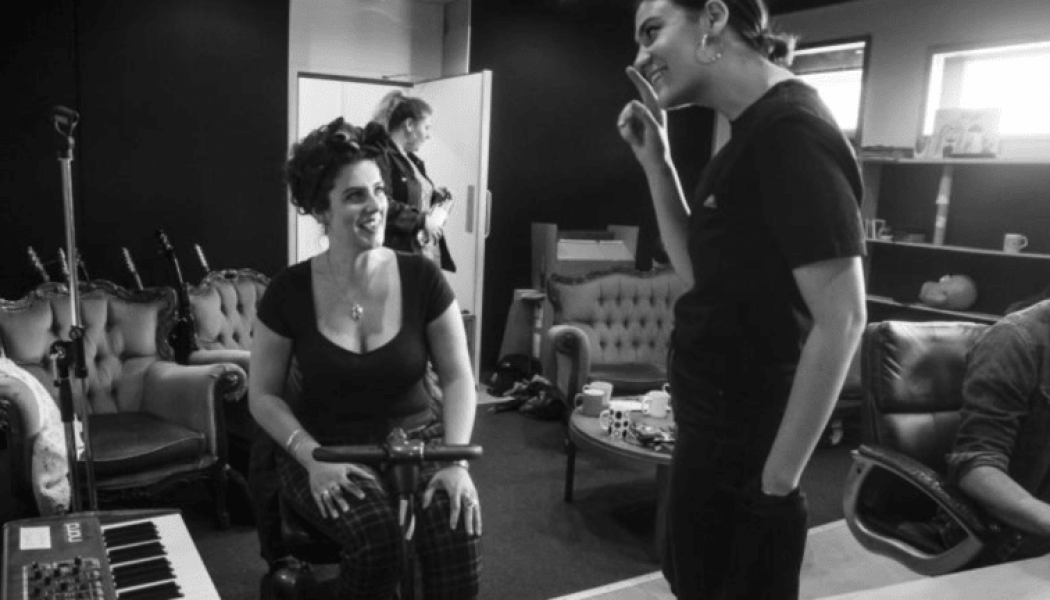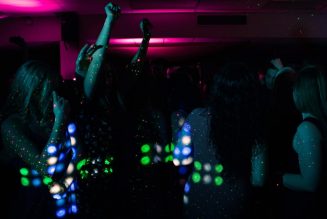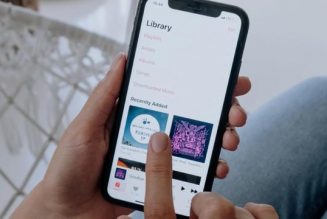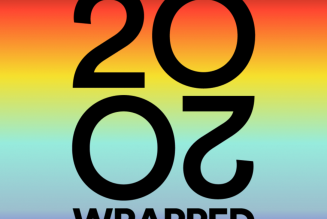
The new “Reshape Music” study from Youth Music and the Take it away Consortium reports key disparities in industry access for disabled musicians in the UK, including in music education and instrument sales. Researched via a national survey, it is the first study of its kind to specifically look into the experiences of disabled people in music education and music making.
According to its findings, the majority of people surveyed have been unable to find a music teacher who both meets their needs and understands the support they require, proving the struggle for access starts from the very beginning. In fact, just 7% of disabled young people are actually making music through their local Music Education Hub, government-supported groups of organizations designed specifically to increase access to music education.
The ability to find adapted instruments is a second major hurdle, the study found, with 63% of surveyed music retailers revealing they were unaware that instruments made specifically for disabled persons’ needs even existed. Of those that did know, only 38% knew how and where to find them.
Costs are another major hurdle, with 67% of disabled individuals pinpointing financial reasons as a “severe barrier” to access.
“Disabled musicians are often forced into choosing an instrument because it works for them, not necessarily because it is what they want to play,” co-researcher John Ramm said about the study’s website. “I’ve always loved music and since discovering the drums at fifteen, I couldn’t imagine my life without it.”
Along with quantifiable data revealing the disparities for disabled musicians in the industry, the study also includes a number of recommendations moving forward. These included increased representation in education and industry organizations, the mainstream use of accessible instruments, and accommodations in performance venues, retail outlets and education spaces to make them fully accessible for disabled musicians.
“We’re passionate about this because it affects us personally—and we’re not just saying it to be moody or difficult, but because it needs to change,” added Jess Fisher, another co-researcher.
You can read the full study here and learn more about its recommendations here.
FOLLOW YOUTH MUSIC:
Facebook: www.facebook.com/youthmusiccharity
Twitter: www.twitter.com/youthmusic
Instagram: instagram.com/youthmusic_charity
Website: www.youthmusic.org.uk










